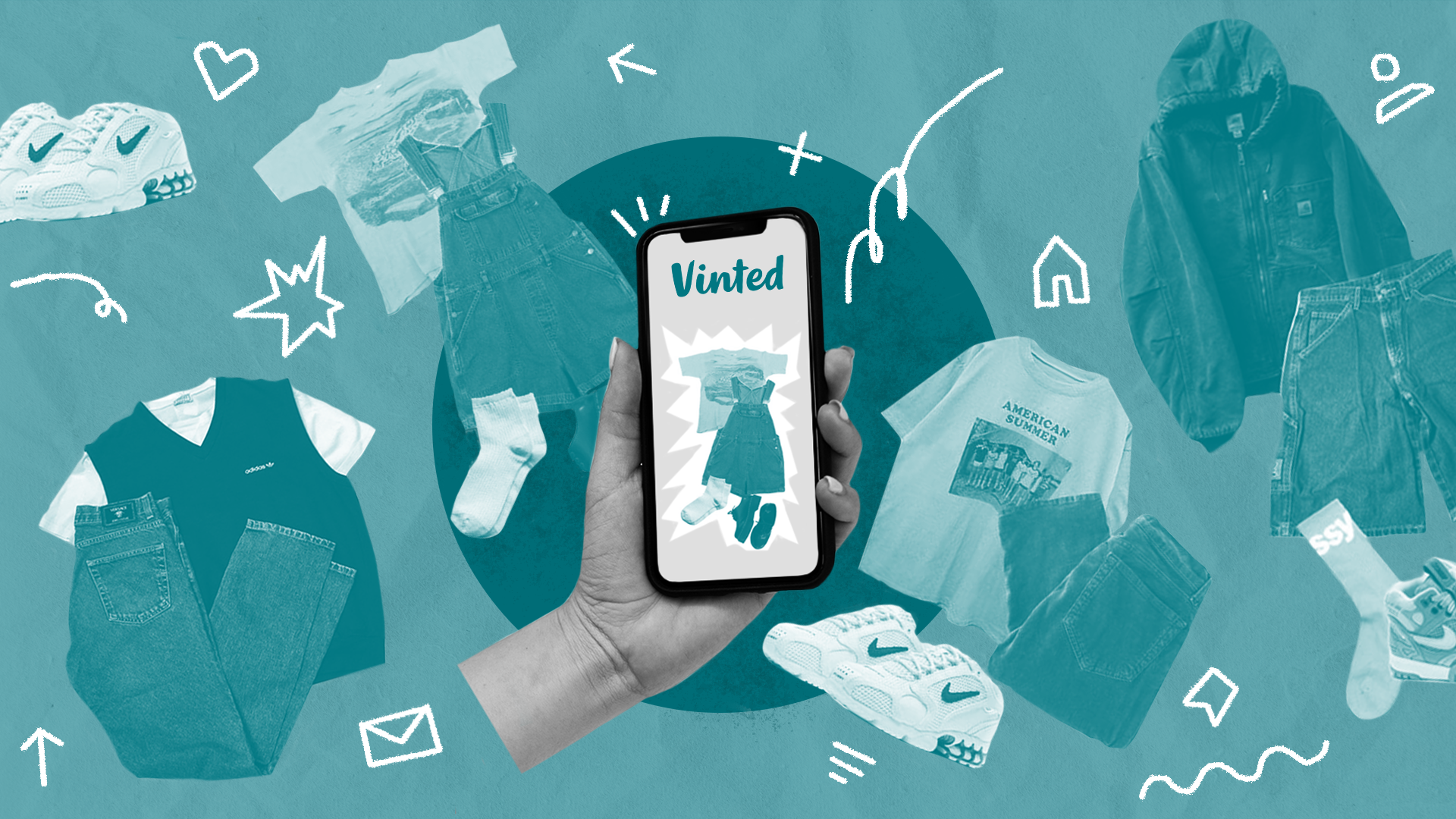Almost everyone is familiar with Vinted today: The Lithuanian online marketplace has taken second-hand buying and selling to a new level, making it trendy in many countries. Vinted has millions of users and serves an international market, but not the Lithuanian company was the first to make the resale of second-hand clothes possible. So, what makes this company unique?
In today’s consumer society, most people have plenty of excess clothes they probably will never wear (out). Nonetheless, it seems some people are becoming aware of this issue and trying to counter the hoarding trend: second-hand shops are getting increasingly popular, and the number of people refusing to buy fast fashion is also increasing. Moreover, modern people need smooth, exciting, and fast platforms to be enthusiastic about something. Vinted’s founders combined these two aspects, although maybe it was not wholly intentional.
Vinted has a decade-and-a-half-long history now: one of the Lithuanian unicorn’s founders, Justas Janauskas, said in a 2015 interview that the idea for the online marketplace emerged during a conversation in a bar with the other founder, Milda Mitkute. Milda struggled with the familiar, unfortunate combination of „too many clothes but not enough space.” Justas was a bit skeptical initially, but after asking his female friends, he realized that the concept could actually work as there was probably a demand for it. Vinted was initially just a hobby project for Justas and Milda, but the organic growth and a few unexpected opportunities have given a big boost to them. Justas contributed with his professional IT expertise to Vinted’s development, while Milda was the future users’ prototype. She struggled with a severe shopping addiction that became unsustainable in many aspects. But this gave the inspiration for the company, which later became Lithuania’s first unicorn, meaning a startup company with a value of over US$1 billion.
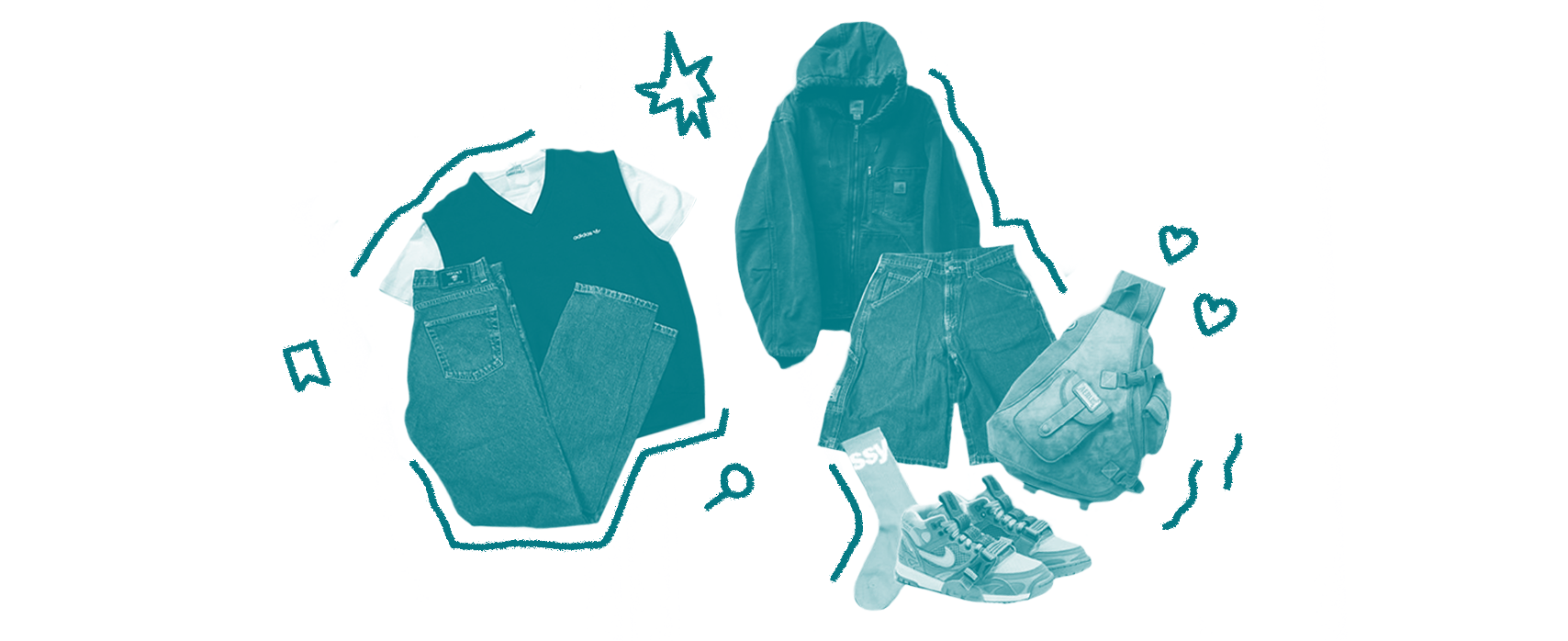
Justas Janauskas also shared that the idea to expand was actually born from a chain of fortuitous events: Justas hosted a German couch-surfer who encouraged them to expand to the German market, which they finally did with the help of the guest. The platform started as Kleiderkreisel in Germany but later merged with the Lithuanian brand and continued to operate under the name Vinted. And, of course, the successful business did not remain a secret. Vinted gradually gained popularity and entered the Czech market as the next step, also attracting local investors. One of them was Mantas Mikuckas, who later became Vinted’s Chief Operating Officer and contributed greatly to Vinted’s rising success.
However, real profitability only came almost ten years after launch, following a significant shift in the company’s strategy: they made it free for users to advertise their unwanted clothes and only started charging for premium services. The company reached unicorn status in 2019, when it raised another $140 million, bringing the total amount invested to over $1 billion. So, Vinted became the first Lithuanian unicorn.
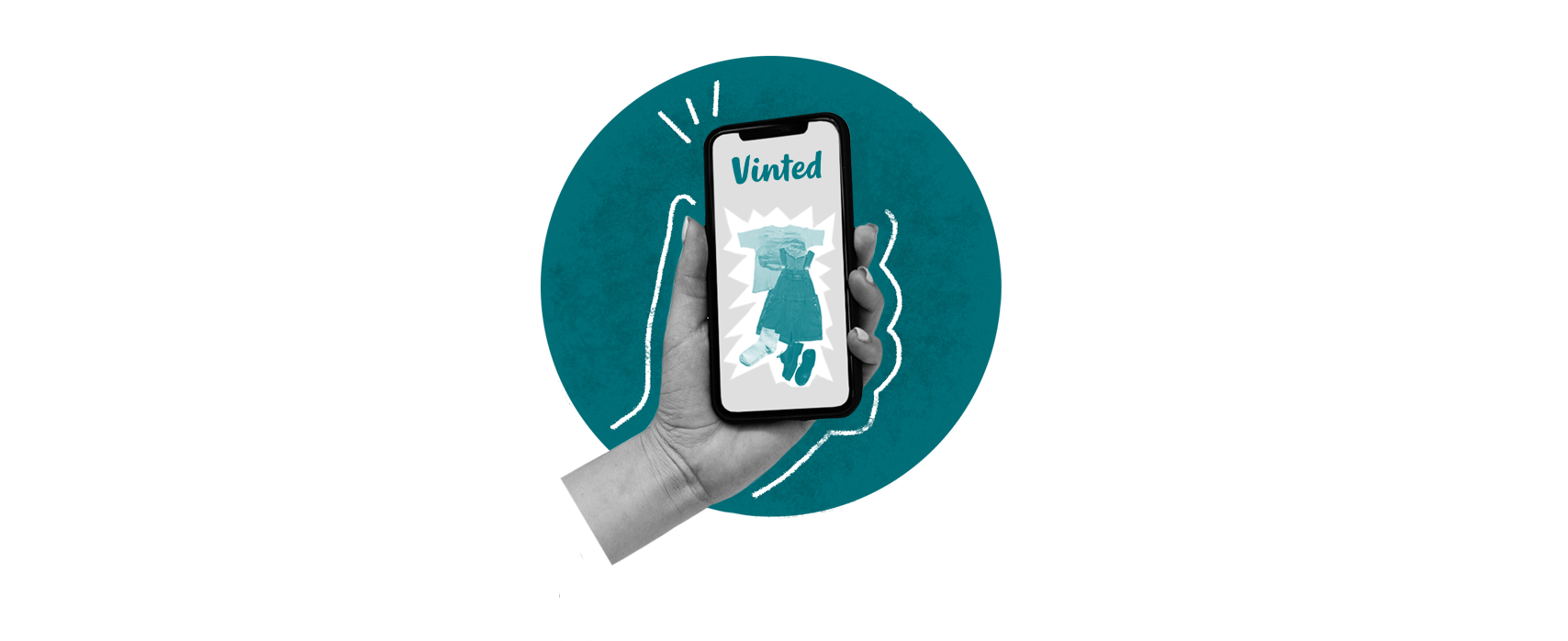
Vinted’s success is advantageous in many ways: it makes buying and selling second-hand clothes popular, convenient, and easily accessible, brings awareness, and even highlights the potential of the Baltics. Yet, the question may arise: what makes it better than any other trading platform? Janauskas believes the answer is Vinted’s strong social aspect: Vinted is more than a mere e-commerce platform; it also functions as a social network. Like other social networking services, users scroll Vinted as a leisure activity and experience their time on the app as a treasure hunt to some extent. In addition, unlike some other corporate giants, Vinted exclusively focuses on clothing and fashion, so users are less overwhelmed by the many consumer products. Vinted currently serves 17 countries; it is available in the United States and Canada, besides 15 European countries.
But how can we be successful Vinted users? Uploading is very easy and takes only a few minutes, including taking photos. We upload the item for sale, write a description, put it in different categories according to its parameters, and then set a price. Potential buyers can then add the garments to their favorites, write to the seller or even bargain. Sending the clothes is also very user-friendly and reliable and can even be done in person if both parties are okay with it. So, conscious shopping is more accessible than ever; it would be a shame to miss this opportunity!
Graphics: Réka Pisla
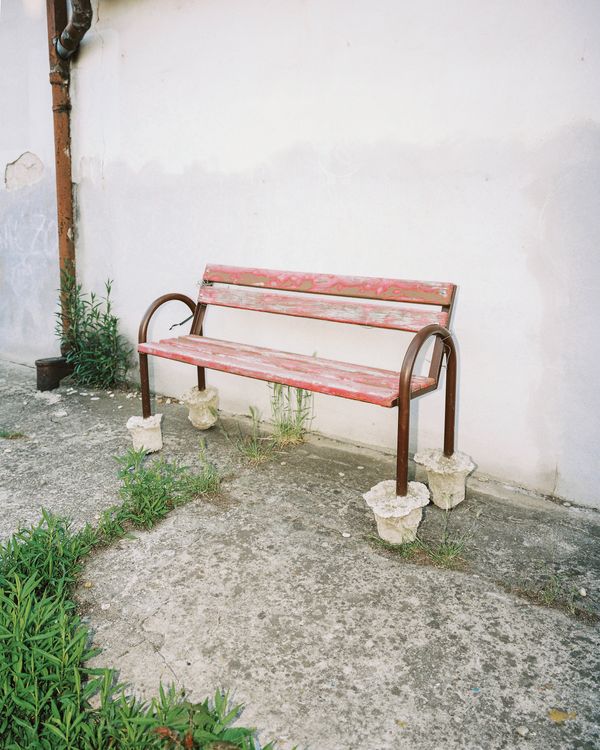
Other kind of attractions in Bratislava | Lenka L. Lukačovičová: Lonely Planet Trnávka
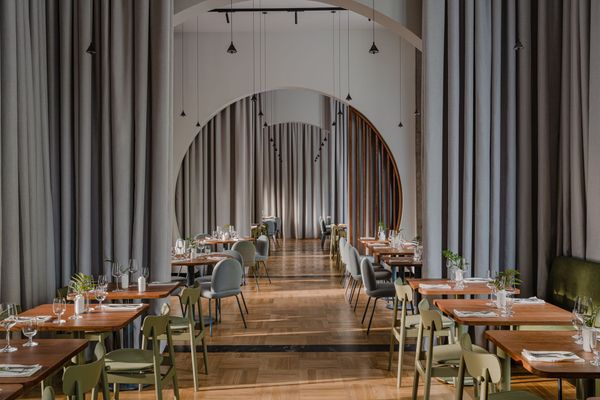
Luxury in a mountain landscape: introducing Hotel Belmonte










